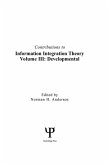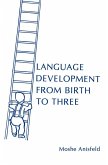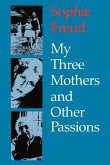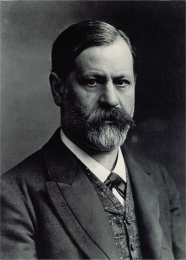In "Three Contributions to the Theory of Sex," Sigmund Freud presents a groundbreaking exploration of human sexuality, which he deftly weaves into his broader psychoanalytic theories. This seminal work delves into the complexities of sexual identity, desire, and the developmental stages of human sexuality, challenging prevailing notions of the late 19th and early 20th centuries. Freud's literary style is both rigorous and provocative, employing a combination of clinical case studies, theoretical discourse, and philosophical musings, all while grounding his arguments in the emerging field of psychoanalysis. The book stands as a pivotal moment in the literary context of sexual discourse and the psychology of the human mind, reshaping societal views on sexuality and its implications for mental health. Sigmund Freud, the father of psychoanalysis, was profoundly influenced by the cultural and intellectual milieu of his time, marked by rapid advances in science, philosophy, and the arts. His clinical practice, coupled with his own introspective examinations, prompted a re-evaluation of the role of sex in human behavior and identity. Struggling against societal taboos, Freud's inquiry into sexuality reveals the intricate interplay between the unconscious mind and social norms, driving his desire to shed light on the often-ignored aspects of human experience. This book is a must-read for anyone interested in the foundations of psychoanalytic thought and the evolution of sexual theory. Freud's insights remain relevant today, offering profound understandings that resonate within contemporary debates on sexuality, identity, and mental health. Readers will find themselves challenged and enriched as they engage with Freud's compelling arguments and pioneering perspective.
Dieser Download kann aus rechtlichen Gründen nur mit Rechnungsadresse in A, B, BG, CY, CZ, D, DK, EW, FIN, F, GR, H, IRL, I, LT, L, LR, M, NL, PL, P, R, S, SLO, SK ausgeliefert werden.










